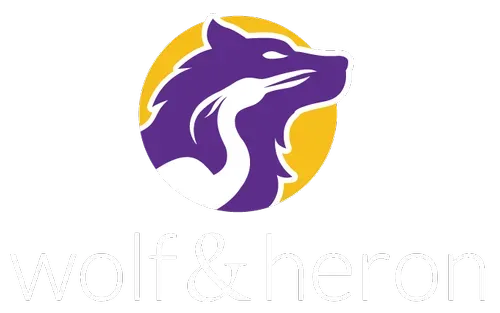Powerful Questions to Transform Your Manager/Employee Check-Ins

How often do you feel like your manager/employee check-ins are status updates that could have been just as effective as an email? What if, instead, you walked away thinking that was the most valuable hour of your week? Your Manager/Employee Check-ins don’t have to be a waste of time.
Part of the challenge during check-ins is that it’s easy to simply focus on project updates. The manager asks, “How’s it going? Any hiccups?” and the employee says, “It’s all good! I did x, y, and z, and now I’m going to do a, b, and c.” The manager doesn’t ask any questions that encourage the employee to think, and the employee doesn’t do the deep thinking on their own to really take advantage of the check-ins.
Here are a few questions to consider for your next Manager/Employee check-in. If you’re a manager, try a few out on your employees. If you’re an employee, try to answer them ahead of your check-in and see if they inspire a different kind of touchpoint.
What would be a great outcome to achieve during this conversation?
Starting a conversation with an explicit question focused on clearly defining success is one of the best strategies out there for actually achieving that success. During a check-in, a manager who asks this question gives ownership and power to the employee, inviting them to decide how the time will be best spent.
What makes you feel valued at work?
Managers often raise the concern that their employees feel disconnected or undervalued. Invariably, the manager will say something like, “I always tell them when they do a good job, and point out how important they are to the team.” The thing is, saying those things is lovely, but it’ll only work on a handful of employees. We all feel valued in different ways. The best way to ensure you’re recognizing and honoring the contributions of an employee in a way that will resonate with them is to literally—and directly—ask them what makes them feel valued.
What can/should/will we celebrate?
This question should be both reflective and planful—and it should be asked often. On the way to achieving big wins, we must, without a doubt, have small wins… and these wins deserve to be acknowledged and celebrated. We recommend this question as almost a mainstay of every check-in conversation. It can be used to encourage employees to see the progress they’ve made—especially when progress is feeling particularly slow—and it can be used to generate future milestones to look forward to.
What workstreams do you wish you could stop doing? Why?
One strategy we all use—perhaps a bit too often—is to simply ignore the workstreams we don’t want to work on. Often the workstream feels hard because it’s misaligned with our strengths or isn’t scoped well as a growth opportunity. But even though we all do it, simply ignoring or procrastinating on a workstream isn’t effective. As a manager, asking this question empowers your employee to think about the work they’d rather not do and bring it to explicit attention. As partners, you can uncover the specific challenge this workstream presents, and either problem-solve together, or redistribute the workstream to someone better suited to it. Employees love the opening that this question offers; it makes them feel empowered, and gives them even more ownership of the workstreams they hold onto.
What would you like feedback on?
This is one of the most effective ways to put professional development into the hands of your employees. Asking them to define where they’d like feedback sets them up to be more open to that feedback, and ensures they’re getting feedback in the areas they’re genuinely interested in improving. We encourage asking this question both before and after work is accomplished. By asking the question beforehand, the employee will bring additional intention and focus to the skill they’re trying to develop, and the manager knows what to pay attention to and look for. By asking the question afterwards, the employee has a chance to reflect on what happened and focus feedback where they’re most open and curious to learn.
Where would you like me to let you experiment and learn?
As a counterpoint to the previous question, this question offers the employee the option to play, iterate, and learn by doing. It’s particularly effective at empowering employees to focus on their own development because it allows the employee to lay claim to a space that’ll remain “feedback free” for a while. When the employee is ready, she will ask for feedback. But in the meantime, it’ll be a zone for risk-taking, failure, and a lot of exploration. The question also implicitly expects that there IS such a space, thereby encouraging the employee to step into it.
What’s left unsaid?
Too often, we rely on unwritten rules and assumptions in our communication. By asking this question, we make explicit the otherwise implied; we make clear what we thought is clear but, in fact, wasn’t. This is one of our favorite ways to close out a conversation because it centers clarity over propriety.
Recent Posts





